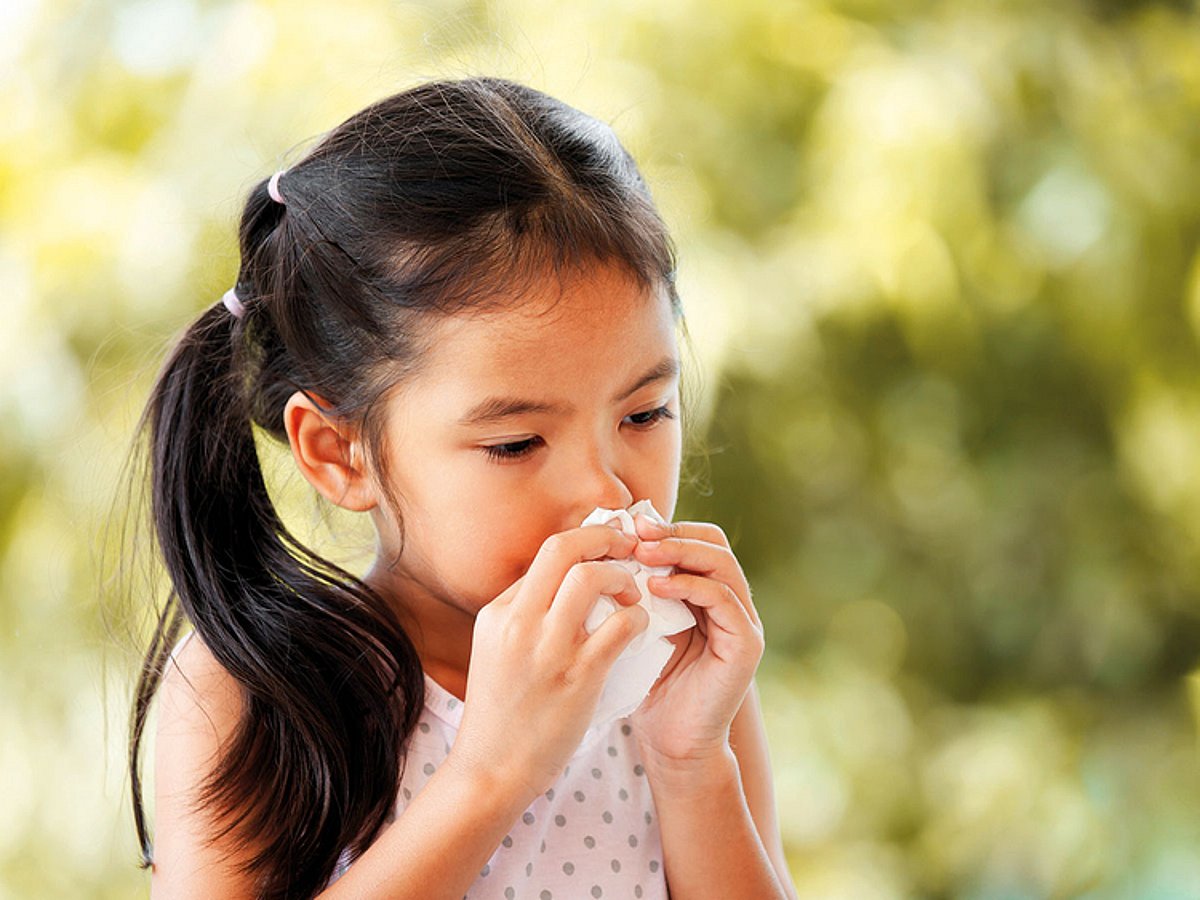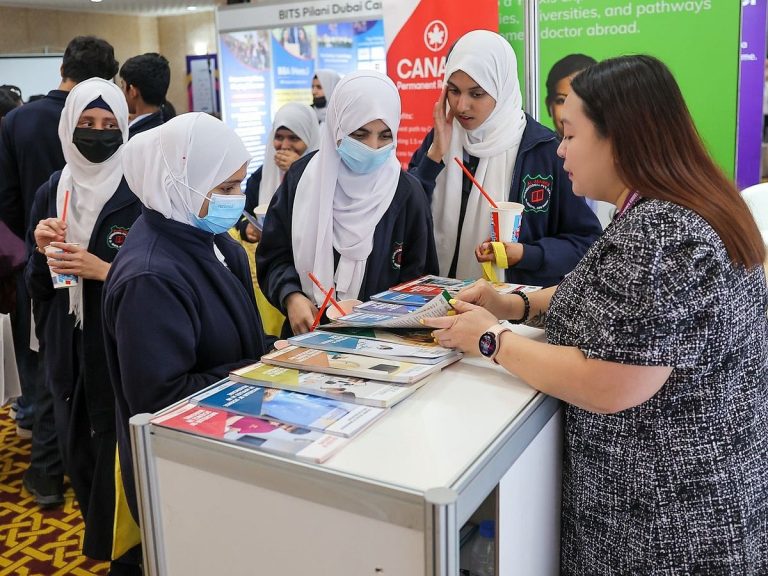Prolonged Coughs and Colds: Dubai Doctors’ Insights
This season, residents in the UAE are experiencing an unusual trend with respiratory illnesses lasting longer than expected. Many individuals are reporting persistent coughs and colds that extend into the third week, raising concerns among families and healthcare professionals alike. Doctors in Dubai are emphasizing the importance of awareness and timely medical intervention for these prolonged symptoms.
Understanding the Prolonged Symptoms
Typically, a common cold resolves within 7 to 10 days, while uncomplicated influenza usually clears up in 5 to 7 days. However, Dr. Dharmendra Panchal, a Specialist in Internal Medicine at Medeor Hospital, notes that many patients are experiencing symptoms that last significantly longer. “We are seeing cases where coughs and cold-like symptoms extend into the second and even third week,” he explained.
Dr. Panchal highlighted that while post-viral coughs can last for 3 to 4 weeks, the acute phase of illness should improve within the first week. If symptoms persist beyond two weeks or worsen after initial improvement, it is crucial to seek medical evaluation.
Potential Causes of Prolonged Illness
Environmental Factors
The transition from the intense summer heat to cooler winter temperatures creates an environment conducive to viral infections. The contrast between indoor and outdoor temperatures can irritate respiratory linings, which serve as the body’s first line of defense against infections.
Increased Indoor Gatherings
Winter encourages social activities, leading to more indoor gatherings where viruses can spread easily. Dr. Mohammed Hassan Kazia, a Specialist in Internal Medicine at Prime Medical Center, noted that children often bring infections home from school, facilitating the spread among family members.
Multiple Viruses in Circulation
Experts are observing a variety of respiratory pathogens, including influenza, RSV, adenoviruses, and cold viruses, circulating simultaneously. Some of these may be new variants that the immune system has not encountered before, which can prolong recovery times.
Immunity Gaps
The COVID-19 pandemic has altered exposure to everyday viruses, potentially weakening natural immunity. Dr. Panchal pointed out that our immune systems may now respond differently to these pathogens, contributing to the current trend of prolonged respiratory symptoms.
Lifestyle and Environmental Influences
In the UAE, the prevalence of air conditioning can dry out respiratory passages, exacerbating coughs. Additionally, low water intake and prolonged exposure to dry environments can lead to lingering symptoms.
When to Seek Medical Attention
While prolonged coughs and colds are not entirely new, their persistence this season appears to be more pronounced. Doctors urge residents to be vigilant and seek medical evaluation if they experience any of the following:
– Symptoms lasting more than 10-14 days without improvement. – Fever exceeding 39 degrees Celsius or lasting longer than three to four days. – Chest pain, difficulty breathing, or severe fatigue. – Symptoms that improve and then worsen again. – Sputum that is bloody or rust-colored.
Individuals with chronic conditions, such as diabetes, heart or lung disease, the elderly, pregnant women, and young children should seek prompt medical attention if respiratory symptoms develop.
Home Care Recommendations
While waiting for a medical consultation, Dr. Kazia recommends several home-care measures to manage chronic coughs:
– Stay well-hydrated to thin mucus and soothe the throat. – Avoid triggers like smoke, perfumes, or allergens. – Use a humidifier to maintain moisture in the airways. – Elevate your head while sleeping to reduce cough related to reflux. – Consider steam inhalation for temporary relief.
FAQs
Why are coughs and colds lasting longer this season?
This season, a combination of environmental changes, increased indoor gatherings, and various circulating viruses may be contributing to the prolonged duration of respiratory symptoms.
When should I see a doctor for my cough?
You should consult a doctor if your cough lasts more than 10-14 days without improvement, if you experience high fever, chest pain, or if symptoms worsen after initially improving.
What home remedies can help manage a chronic cough?
Staying hydrated, using a humidifier, avoiding irritants, and elevating your head while sleeping can help manage a chronic cough until you can see a doctor.
Conclusion
The current trend of prolonged coughs and colds in the UAE highlights the need for increased awareness and timely medical evaluation. Residents experiencing persistent symptoms should not hesitate to seek medical advice to rule out more serious conditions and ensure appropriate treatment. As the season progresses, staying informed and proactive about respiratory health is essential.
Also Read:
New Platform Links UAE Residents with Home Experts







